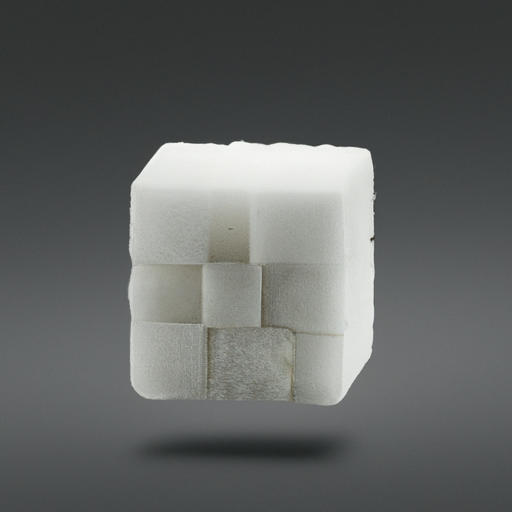Welcome to your body's most underrated nutrient: Water. Our bodies are about 60% water, but most of us are taking sips, not gulps, of the hydration market.
Hydration - Not Just H2O
The importance of water for the human body cannot be overstated. Every cell, tissue, and organ in our system relies on it to function effectively. However, it's important to note that there are other critical minerals known as electrolytes that play a crucial role in maintaining the body's ionic balance. These electrolytes, including sodium, potassium, calcium, and magnesium, are responsible for powering our muscles, heartbeat, and brain function. It's worth noting that sodium chloride, or salt, is the primary electrolyte lost through sweat.As a result, it is crucial in maintaining fluid balance in the body. A study published in the American Journal of Clinical Nutrition found that maintaining a healthy sodium balance can be just as important as staying hydrated during extended physical activity.Therefore, it's essential to ensure that you replenish lost electrolytes during and after physical exertion, especially in warm and humid environments. This can be achieved by consuming fluids that contain electrolytes or by consuming foods that are rich in these minerals. By doing so, you'll be able to maintain your body's ionic balance and optimize your overall health and performance.
The Right Salt for Hydration
When it comes to selecting the ideal salt for staying hydrated, it's crucial to carefully consider your options. Among the top contenders are three types of salt that stand out: sea salt, Himalayan pink salt, and Celtic sea salt. These salts are particularly beneficial for promoting health and hydration due to their unique composition of trace minerals, which include magnesium, potassium, and sodium.Although the quantities of these minerals might seem insignificant, they play a significant role in making these salts healthier than regular table salt. By incorporating these salts into your diet, you can effectively support your hydration levels and overall well-being. It's worth noting that each of these salts has its own distinctive qualities and benefits, which can be further explored with a little bit of research.
The Vitamin Boost
Understanding the role of vitamins in maintaining proper hydration levels is crucial for maintaining good health. Vitamin C, for example, not only promotes tissue growth and repair but also assists the body in absorbing iron, which is necessary for adequate blood volume and hydration. In addition, B vitamins such as B1 (thiamine), B3 (niacin), and B5 (pantothenic acid) are essential for balancing the body's water levels.A recent study published in Nutrients in 2019 indicated that older adults who were deficient in vitamin B1 were more susceptible to dehydration. Therefore, it is imperative to incorporate a well-balanced diet that includes a variety of foods rich in vitamins to ensure proper hydration levels and overall good health.
Hydration Hijackers
It may come as a surprise, but your daily habits could be causing dehydration without your knowledge. This is because certain actions can increase urine output, leading to a feeling of thirst. For instance, consuming alcohol or caffeine can trigger this effect. Similarly, snacking on salty foods can disrupt your sodium balance, which in turn can trigger thirst.While these are factors that you can control, you also need to be mindful of environmental factors that can lead to dehydration. Hot and humid weather or heated indoor air can sap your body of moisture, so it's important to stay hydrated by drinking plenty of water. By staying aware of these potential dehydration triggers, you can stay ahead of the game and ensure that your body is properly hydrated.
Boosting Your Hydration
Wondering how to stay hydrated? While sports drinks and electrolyte waters can be helpful, don't forget about natural sources. Fresh fruits and vegetables, such as watermelon, cucumber, oranges, strawberries, and spinach, are great for hydration. In fact, according to a study in the American Journal of Clinical Nutrition, hydrating foods may be even more effective than drinking water alone. The study showed that people can benefit from incorporating these foods into their diets.
If you want to learn more check out our post on sugar cravings!

Beat Sugar Cravings and Improve Your Metabolism
Sugar cravings can lead to overeating, weight gain, and other health problems. However, there are a number of science-based tools that can help you control your sugar cravings and improve your metabolism.